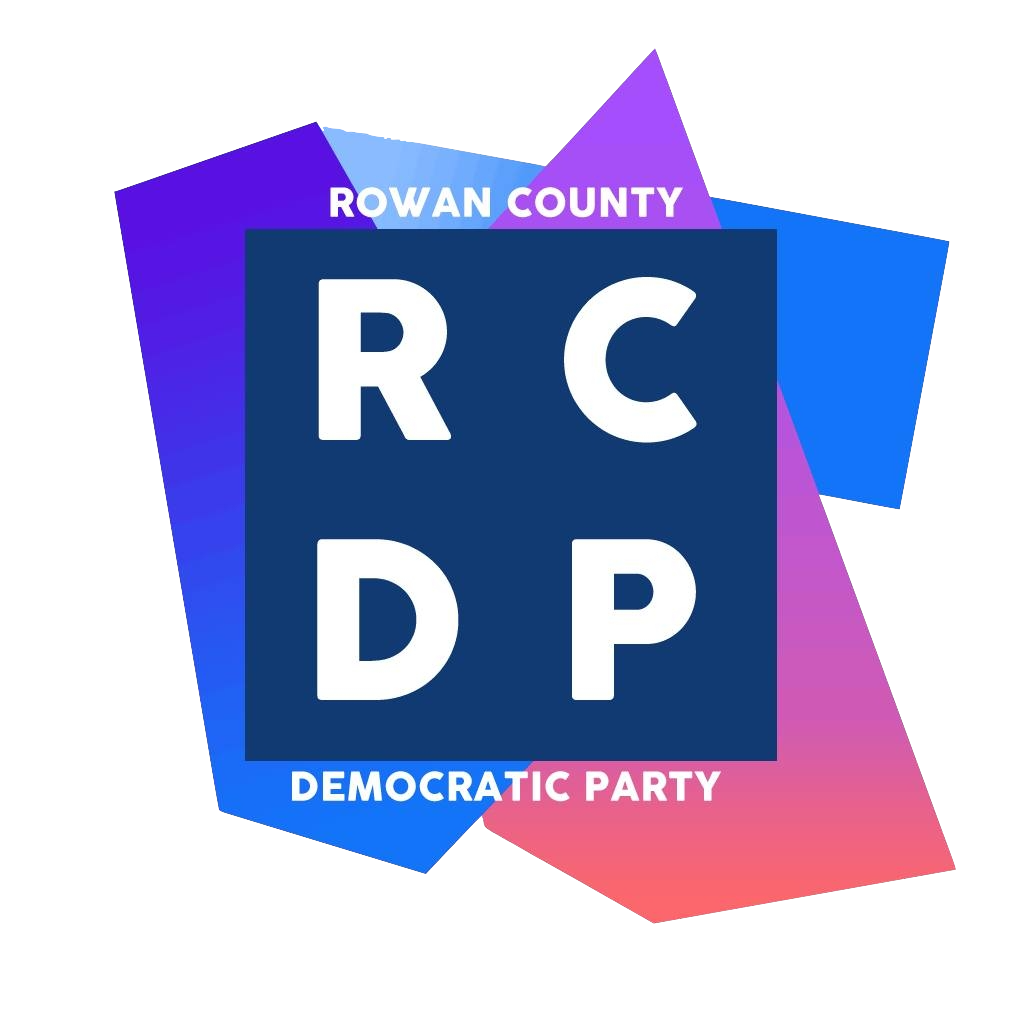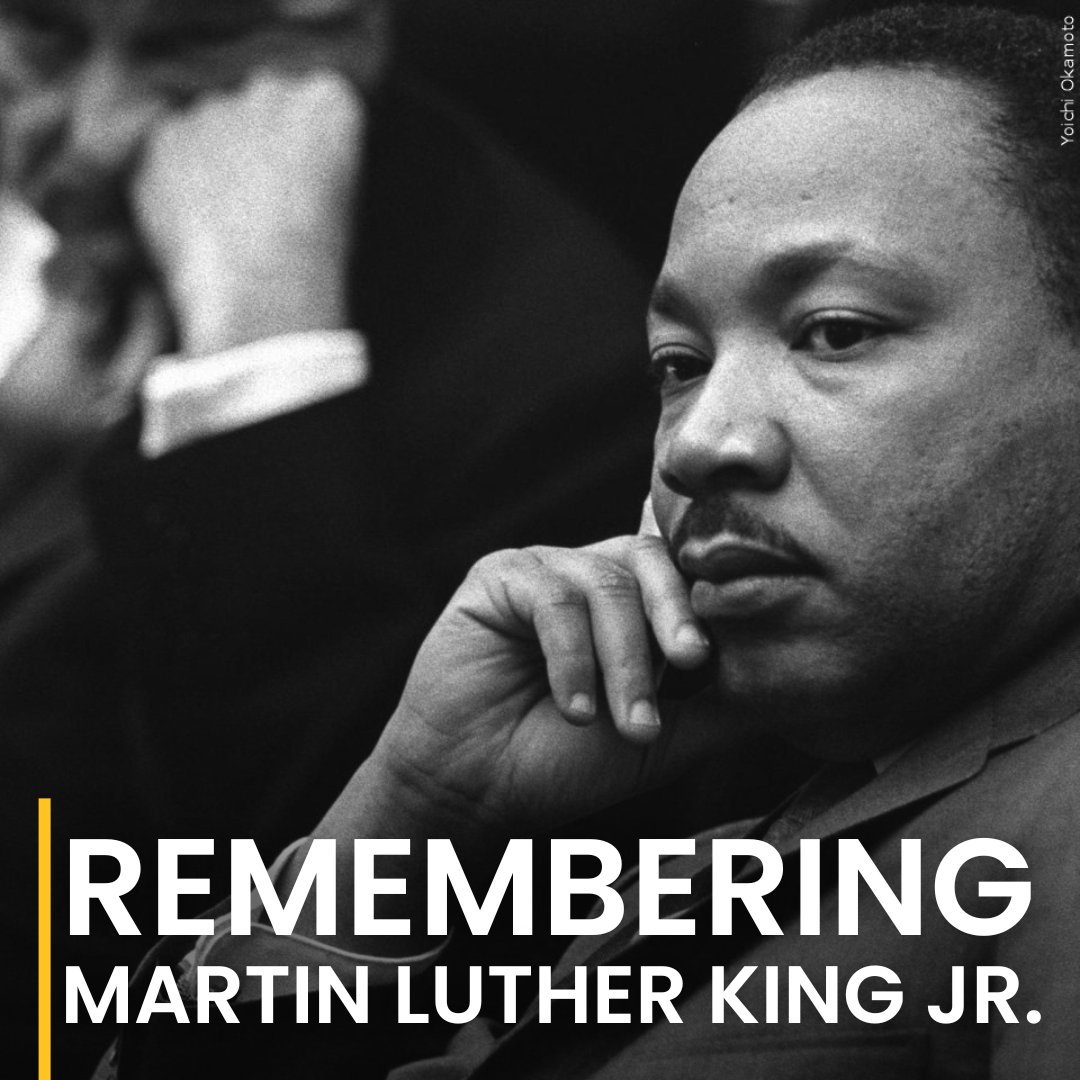On April 4th, 1968, Dr. Martin Luther King, Jr. spoke in front of workers at a Memphis, Tennessee sanitation plant. The nation had no idea that would be his last act – but his life and message both resonate to this day. Today we’re taking a moment to reflect on his words and where we are going to go from here.
It’s hard to overstate the impact that Dr. Martin Luther King Jr. had on today’s society. As we look back and honor his memory and legacy on the date of his untimely death, we’ve got plenty to think about and even more to work towards. He’s celebrated today as a civil rights icon and a man bridging the racial divide, but in his time he faced many of the same struggles that have kicked up in the political and social cycle as recently as this week.
MLK was more than a leader for racial equality, something that frequently gets unfairly glossed over. Dr. King was also a labor leader – killed while supporting 1300 Black men in a strike against the abuse and hardships they faced striking in Memphis, Tennessee. He was a supporter of labor rights, living wages, safety standards, and so much more. Dr. King taught us to do the things our Democratic slogan asks for: Standing up and fighting back.
In that vein, Dr. King is known for peaceful protest, yes, but his other words ring just as true. Consider his sermon “When Peace Becomes Obnoxious”:
“If peace means this, I don’t want peace:
If peace means accepting second class citizenship I don’t want it.
If peace means keeping my mouth shut in the midst of injustice and evil, I don’t want it.
If peace means being complacently adjusted to a deadening status quo, I don’t want peace.
If peace means a willingness to be exploited economically, dominated politically, humiliated and segregated, I don’t want peace.
In a passive non-violent manner we must revolt against this peace. Jesus says in substance, I will not be content until justice, goodwill, brotherhood, love yes, the kingdom of God are established upon the earth. This is real peace. Peace is the presence of positive good.”
Today is a day to remember his legacy far beyond the line we’ve all heard: “…not be judged by the color of their skin but by the content of their character”, but by his other words and intent as well. We all stand together and rally behind his name because he was a true leader, representing many of the causes we still believe in today, the most important of which is truthfully not equality, but *equity* for all people. This relates directly to labor strikes by unionized workers, to a living wage for all, to quality education for all children and adults, and so much more.
The question is, where will we go from here? I’d like to think that we’ll continue to walk in his footsteps along the path of progress, but we can’t do it without the voices of our community. People of all backgrounds must reaffirm their own patriotism by exercising empathy for their neighbors, no matter who they are, what they look like, who they love, or what they earn. Take it from historian Taylor Branch, author of the trilogy ‘America in the King Years’ – “To remember that we all have to stretch ourselves to build the ties that bind a democracy, which really is the source of our strength.”
Wise words. Peace and democracy come when we all have a seat at the metaphorical table, and that’s something we can work on not just at the ballot box, but in our own actions, support, and words.

